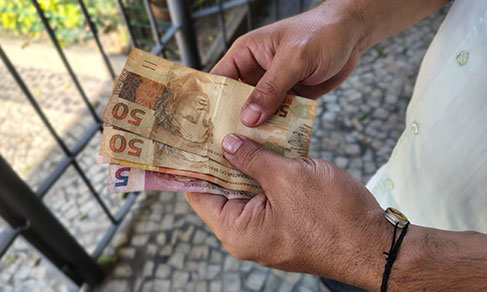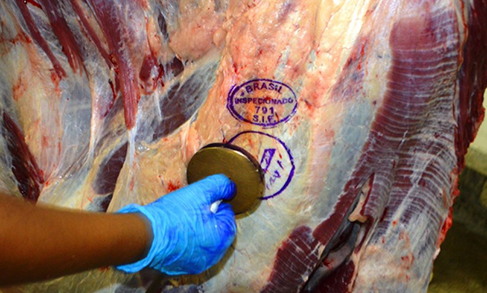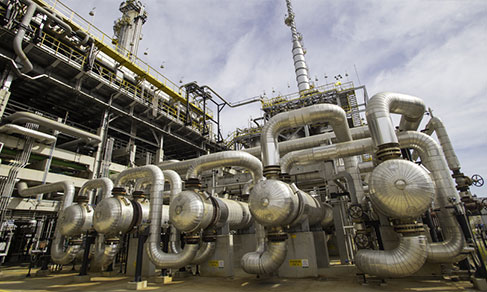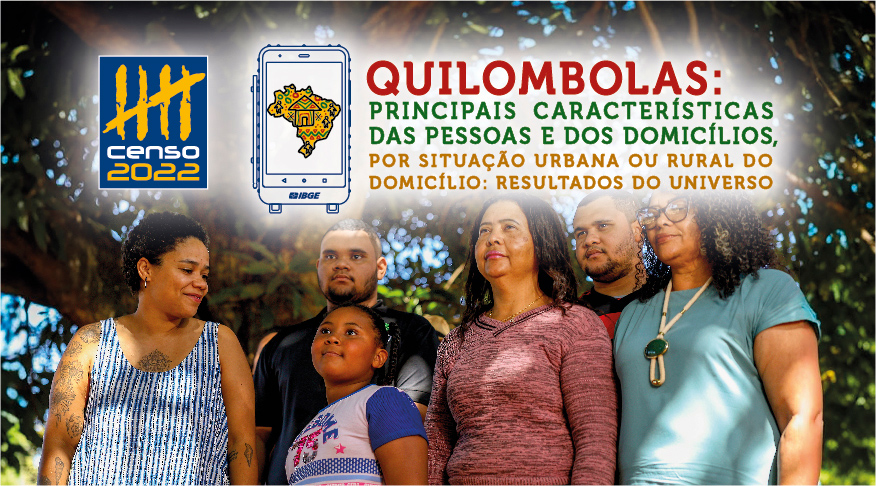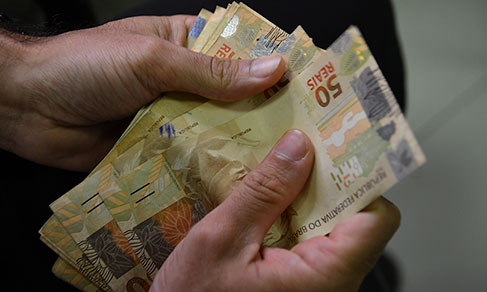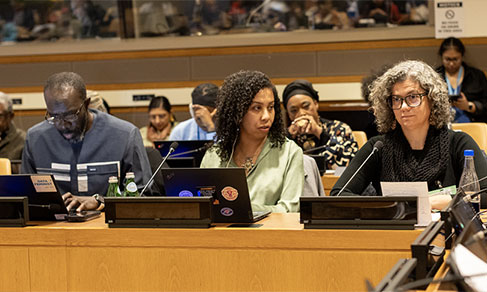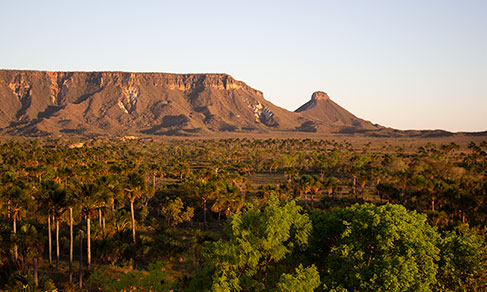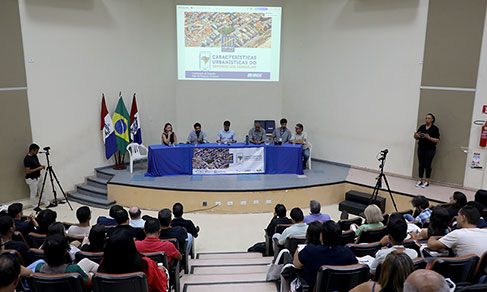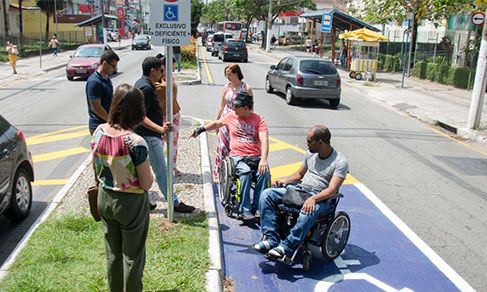Sustentabilidade
Mercosur discusses use of administrative records for SDGs
October 24, 2019 10h00 AM | Last Updated: October 24, 2019 12h21 PM
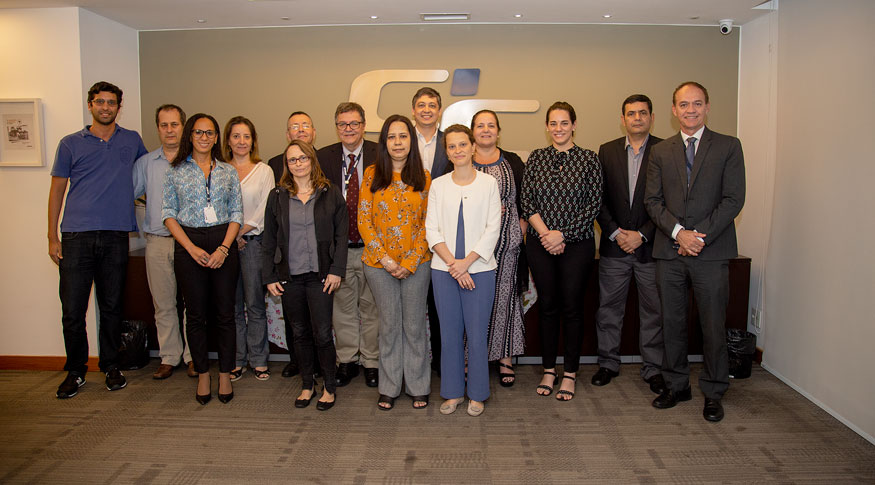
IBGE and Mercosur´s statistical offices participate in event on SDGs in Rio de Janeiro - Photo: Simone Mello/IBGE News Agency
Last Monday, October 21, statistical offices of the member countries of Mercosur discussed an important subject in Latin America: the use of administrative records and formulation of indicators of the Sustainable Development Goals - SDGs. The meeting was held at the IBGE headquarters, in Rio de Janeiro, during the XVII Mercosur Specialized Meeting on Statistics - Rees.
Besides the IBGE directors, representatives from Paraguay´s Dirección General de Estadística, Encuestas y Censos - DGEEC and Uruguay´s Instituto Nacional de Estadística - INE were also present. Argentina´s Instituto Nacional de Estadística y Censos - Indec participated through video conference. Each country presented the activities they have been developing concerning this subject.
Integration of databases
Thanks to the emergence and improvement of new technologies, like the Big Data, the use of administrative records for statistical purposes has been much discussed at the international level. According to their needs and possibilities, each statistical office has studied ways to take advantage of databases collected by other state spheres, like the Income Revenue in Brazil, or even of registers from private entities.
During the event, Eduardo Rios Neto, IBGE´s director of Surveys, explained that there is still a long way to go. "There are many challenges. For instance, the observation units of the administrative records may be inconsistent. So we need to standardize them, and only the statistical offices can do it, with suitable protocols and procedures", considered him.
The still incipient use of administrative records in the SDG indicators is just one of the factors that makes the 2030 Agenda a challenge, especially for the Mercosur countries. Comprising 169 targets split along the 17 SDGs, the plan is considered "ambitious" by experts.
Administrative records and environment
The capture of the data from a number of goals outlined by the United Nations is only possible by means of the administrative records. "The indicators linked with the environment are exactly those that mostly use those records", highlighted Roberto Sant´Anna, IBGE´s advisory of International Relations and coordinator of the meeting.
Iván Aguilera, managing director of Paraguay´s DGEEC, stressed that 50% of the SDG indicators are related to the environment. "Our countries have a huge difficulty to build these indicators", admitted him.
In this regard, the IBGE takes the lead. The reason is that the studies on Geography and Statistics are under the same office, which allows to follow up the environment closer than other foreign offices, as recalled by Roberto Sant´Anna.
Currently, Brazil has more than 60% of the indicators already produced or under analysis/construction. This figure means 70 indicators produced and 76 in production of a total of 244 indicators. Among the 17 goals, the highlights are number 7 (Affordable and Clean Energy), which already hit more than 60% of the 6 indicators, number 2 (Zero Hunger) and number 9 (Industry, Innovation and Infrastructure), with 50% or more of the indicators produced.
On the other hand, SDG 10 (Reduced Inequalities) and 14 (Life below Water) have only one indicator produced each, and the other ten indicators of SDG 10 are under analysis/construction.


